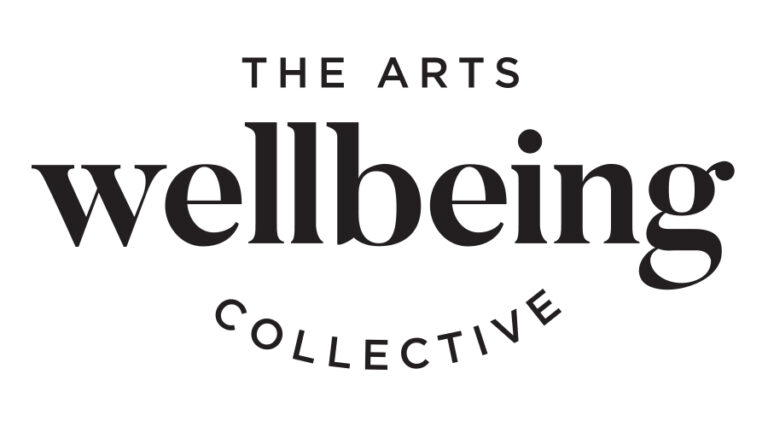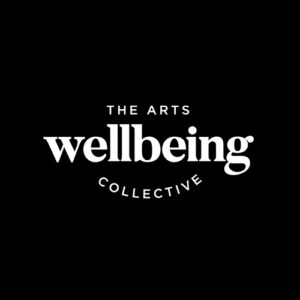
Working in the arts and tour management is incredibly rewarding, but it can be challenging. An intensive working environment, long travel days, and separation from friends and family can leave company members vulnerable to stress and poor mental health. We know from contemporary research, anecdotes, and company discussions that the cost of poor mental health can be significant.
As a producer (and we use this word to refer to anyone who is involved in the design and delivery of tours), you are in a unique position to actively contribute to the positive mental health of the touring party through simple choices that can be made at every phase of the tour planning and delivery.
It might feel overwhelming, but don’t underestimate the value and impact of a lot of small changes.
Designing tours to promote positive mental health and wellbeing has the added benefits of:
The phrase ‘mental health’ is often misunderstood. You might hear it used as a substitute for mental health conditions, such as depression and anxiety.
According to the World Health Organization, mental health is “a state of well-being in which every individual realises their own potential, can cope with the normal stresses of life, can work productively and fruitfully, and is able to make a contribution to their community”.
Mental health is not merely the absence of a mental health condition, but about being mentally healthy in the way we think, feel and develop relationships.
It can be helpful to think of mental health as being on a continuum:
Your mental health is not fixed. It is normal to move up and down the continuum throughout the course of your life, or even the day.
You might be feeling pretty good after receiving funding to support an upcoming tour, but then get really stressed out after a difficult contract negotiation with a presenter. This is a normal response to a situation that most people would find stressful, and the stress resolves when the situation resolves.
Something becomes a mental health problem when the feelings are of such long duration and high intensity that they start to impact on your ability to function in everyday life.
Read more here.
Sometimes when we think about supporting mental health while on tour, we tend to think about what we would have in place should someone present with a mental health problem.
The good news is that you can take an integrated approach to positive mental health that simultaneously prevents issues and reduces the negative impacts of touring, embraces and promotes the positive aspects of touring, and manages mental health problems should they arise, regardless of cause.
Tour Well for Tour Managers is divided into three sections, pre-tour, on tour and post-tour, with suggestions for prevention, promotion and management in each, allowing you to select the tips and techniques that are most relevant to your touring context, whether it be short- or long-term, regional, rural, metropolitan or internationally, or any other kind!
Prevent mental health problems on tour through increasing awareness of mental health, encouraging choices and actions that enhance wellbeing, and minimising practices that might be harmful.
Promote the positive aspects of touring – look for ways to positively engage the company, build a sense of community and collegiality. Essentially – you want to find ways to do more of the good, more!
Manage mental health problems in an effective, compassionate and meaningful way. For example, access to professional support, and clear policies and procedures on what to do if someone becomes unwell.
Aim for incorporating a few ideas from all three sections at all three stages. An integrated approach helps ensure your efforts are more effective, connected, and focussed on meaningful and sustainable positive change.
Explore the benefits of an integrated approach at University of Tasmania and learn more about creating mentally healthy workplaces at Worksafe.
End of Part 1: Click here to Read Part 2
Apps To Support Mental Health & Wellbeing
Mental Health during COVID-19: Simple Steps



The Arts Wellbeing Collective is an Arts Centre Melbourne initiative that comprises a consortium of arts and cultural organisations whose shared vision is to effect better mental health and wellbeing for performing arts workers. Our objectives are to: - Improve support services for performing arts workers - Collate and share information - Effect industry cultural change - Improve support networks within and between arts organisations. Our guiding principles are: - Prevention focused, promoting positive mental health and wellbeing, and raising awareness of mental health, mental health problems and the value of early intervention. - Working in partnership, ensuring a variety of partnerships state-wide and across the industry – collaboration is core to the Arts Wellbeing Collective and vital to success. - Creating systems level change, through seeking to understand and address systems, cultures and traditions that contribute to poor mental health and wellbeing in the performing arts. - Long-term thinking, prioritising resources and initiatives that have capacity for long-lasting impact, scalability and transferability. - Knowledge creation and dissemination, working with experts and industry leaders to find, share, create and translate the best available information, tailored for creative contexts. - Encouraging innovation, Arts Centre Melbourne is always learning – we do not have all the answers. We will test, trial, evaluate, and share useful findings with energy and authenticity, and continue to be rigorously planned, strategically responsive and thoughtfully adaptable.
Read Full Profile© 2021 TheatreArtLife. All rights reserved.

Thank you so much for reading, but you have now reached your free article limit for this month.
Our contributors are currently writing more articles for you to enjoy.
To keep reading, all you have to do is become a subscriber and then you can read unlimited articles anytime.
Your investment will help us continue to ignite connections across the globe in live entertainment and build this community for industry professionals.